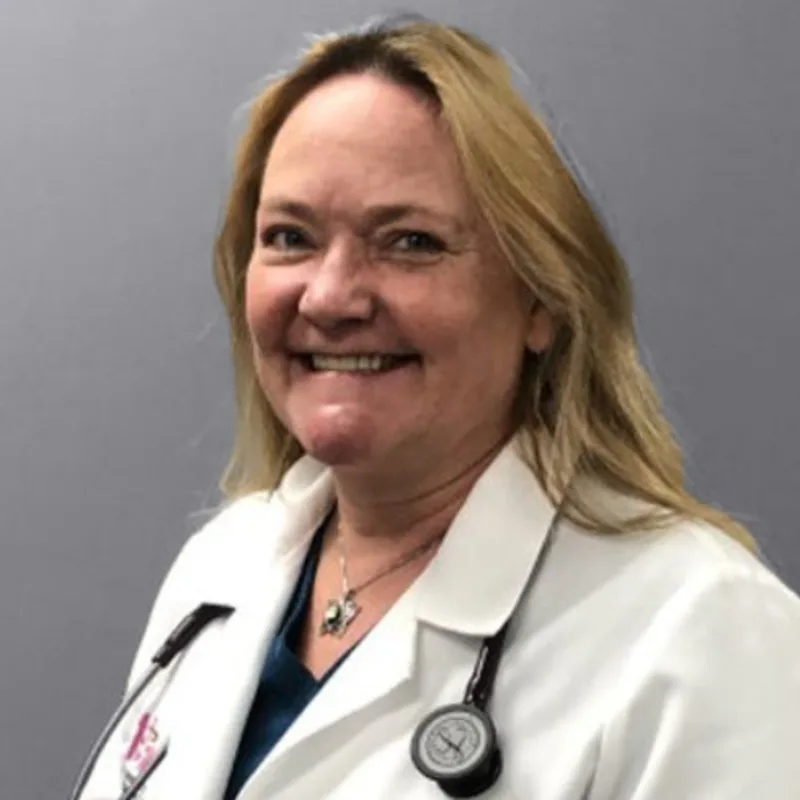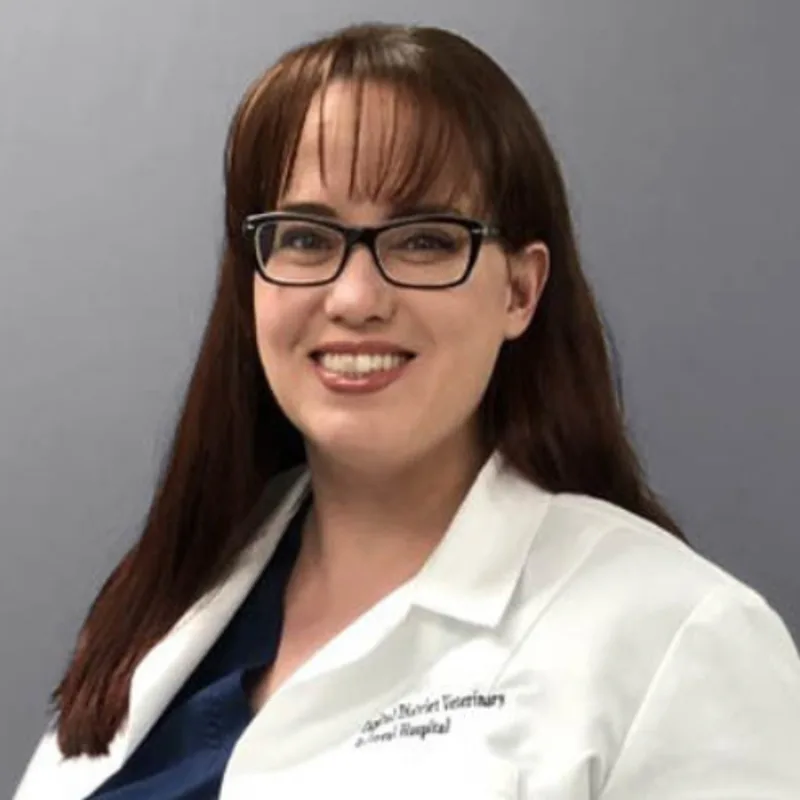Capital District Veterinary Referral Hospital

Emergency/Critical Care
What to Do if You Suspect Your Pet Has Eaten Something Toxic?
Gather any packaging or remains of anything that was eaten or suspected of being eaten! This step will help speed up the diagnosis. Please don’t be shy; if it was marijuana or any other embarrassing (or illicit) product, please be honest with our team; it will speed up diagnosis and treatment.
ASPCA Animal Poison Control Center: (888) 426-4435
Pet Poison Helpline: (800) 213-6680
Pet-Specific First Aid Kit
We recommend keeping a pet-specific first aid kit in your car as a best practice, just as you would a human-first aid kit. Keep the printout in your kit for when you need to restock.
The team in our Emergency/Critical Care department works with you and your regular veterinarian to provide the comprehensive care your pet needs. Our board-certified emergency and critical care specialist has extensive training in a complete range of emergency and critical care services and is supported by a team of experienced emergency veterinarians and technicians.
Your family veterinarian may refer you to an emergency or critical care doctor for diagnosis and ongoing support of many conditions, including, but not limited to:
Diagnostics
Endoscopy
Radiography (X-Rays)
Ultrasound
Emergency Services
Comprehensive Emergency Medical Exam: what does it include?
Surgical Services through Emergency/Critical Care: What we can treat.
Acute pain
Continuous EKG monitoring
Dystocia management (difficulty giving birth)
Full cardiopulmonary resuscitation (CPR), including defibrillation
Immune-related diseases
Infectious diseases
Kidney and liver disease
Neurologic problems
Peritonitis
Pneumonia and lung disease
Severe pancreatitis
Severe gastrointestinal emergencies (bloat)
Sepsis management
Seizure management
Toxicosis or poisonings
Trauma
Trouble breathing
Trouble walking
Trouble urinating











